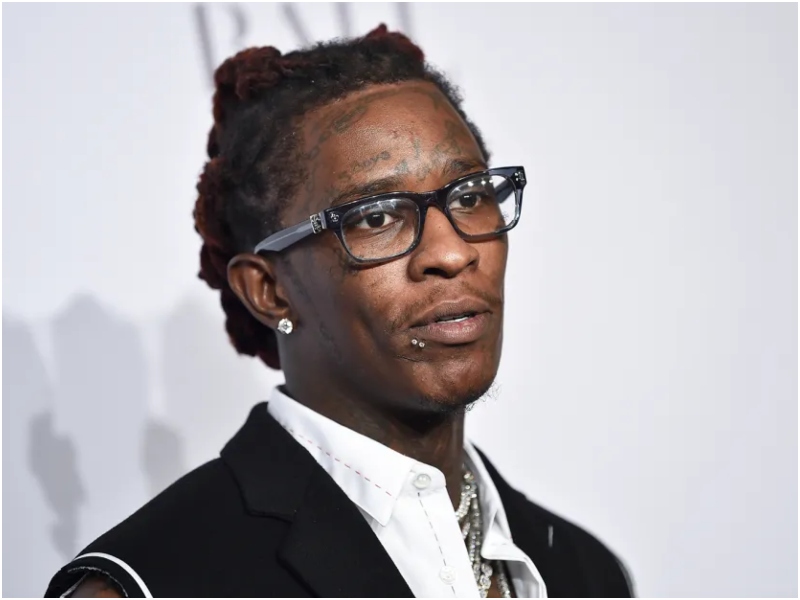The highly publicized RICO (Racketeer Influenced and Corrupt Organizations Act) trial of rapper Young Thug and his YSL (Young Stoner Life Records) crew is set to resume this week in Georgia.
The expected restart of the case makes it one of the lengthiest trials in the state’s history.
Scheduled to pick back up on Wednesday, March 13, the trial has garnered significant attention due to its complex legal issues and high-profile defendants.
Last week, defense attorney Brian Steele, representing Jeffery Williams, widely known as Young Thug, brought forth a pivotal argument to the court.
Steele cited a recent Supreme Court ruling that overturned a murder conviction of a rapper, emphasizing that a rap music video presented to the jury was deemed more prejudicial than probative.
He urged Chief Judge Ural Glanville of Fulton County Superior Court to consider this ruling and exclude lyrics and videos by Young Thug and his associates from the trial as evidence.
Steele submitted the entire decision in Baker v. State to Judge Glanville, highlighting the importance of laying a proper foundation for the admission of rap videos, musical lyrics, and related artistic expressions as evidence.
The defense argued that the admission of such items without a proper foundation violated constitutional and statutory provisions, challenging the prosecution’s use of this evidence.
In November of last year, Judge Glanville had ruled that lyrics rapped by Young Thug in sound recordings could be utilized as evidence against him and his associates.
This decision came after prior attempts to prevent prosecutors from using rap lyrics against rappers in court. Notably, efforts have been made at the legislative level as well, with Rep. Hank Johnson of Georgia proposing the “Restoring Artistic Protections Act” (RAP Act) in 2022, aiming to limit the use of lyrics as admissible evidence in federal court.
Young Thug faces charges including conspiracy to violate the RICO Act and participating in street gang activity, among others, dating back to May 2022.
He has pleaded not guilty to all charges, and the trial’s continuation is awaited by both supporters and critics, amidst ongoing legal debates over the use of artistic expression as evidence in criminal proceedings.

